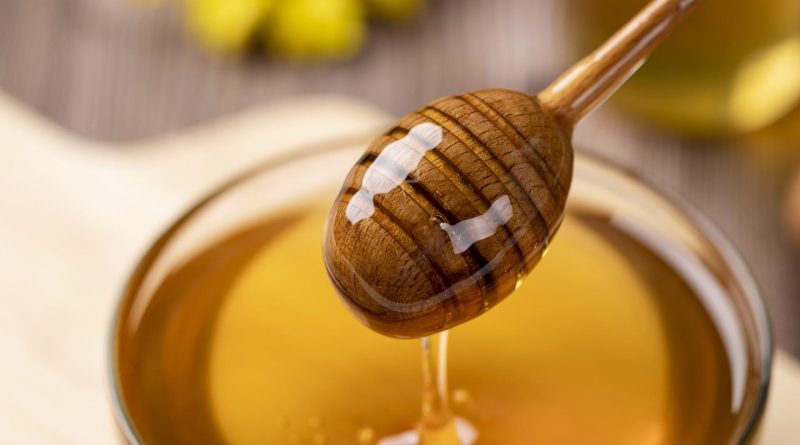Can My Pet Have Sweets?
Because many people can have a ‘sweet tooth,’ I often get asked by pet owners if dogs or cats can also have similar cravings for sugary foods – and most importantly, are sweets (like honey or maple syrup) safe to add to food? Interestingly, cats do not have sweet taste receptors. So, while some cats may seem to enjoy food items with a sugary taste, it’s more likely due to other ingredients or the texture or smell of a food item that they enjoy. Dogs on the other hand *do* have the ability to taste sweet and this can come in handy in certain situations or get them in trouble because it puts them at risk to eat some sweet foods that are toxic for them (chocolate, for example!).
Whenever I’m asked if a food item is safe for a pet, there are a few things that I consider:
1) Are there reports or studies that have shown harm by eating this food item?
For any food item where there are reports or studies showing toxicity or harm after ingestion, I recommend safer alternatives instead. While natural sugars like honey, maple syrup, brown sugar, molasses or fruit are generally safe for pets, any sweets that contain chocolate or xylitol should not be given to any animal.
2) Is this a healthy pet or one with medical conditions that require special dietary restrictions?
Many diseases or conditions require different diets or adjusted nutrients compared to healthy pet requirements, so if your dog or cat has a medical condition, you should always check in with your veterinarian first before switching diets or trying new treats. In the case of sweet items, an otherwise healthy pet may not have any problem with receiving a treat now and then, but pets with conditions like diabetes may need careful consideration.
3) How many calories does the sweet treat contain and is it within the pet’s 10% treat allowance?
As long as 90% of the calories a pet eats comes from a complete and balanced diet, then up to 10% of calories can come from treat items. Keeping within this “treat allowance” means that these treat food items can provide fun and enjoyment without worrying about their nutritional value or risk of unbalancing the overall diet. For example, if your dog needs 1,000 kcal per day, then no more than 100 kcal should come from treats.
4) Is there a benefit to giving this food item?
For healthy pets, there is no benefit to giving sugary treats although they’re unlikely to cause harm. For some dogs with certain medical conditions that have a poor appetite, sweet food items may be helpful to improve appetite. Especially for dogs with pancreatitis, where I want to be careful of introducing extra fat to the diet, or dogs with kidney disease, where I want to avoid extra protein, sugary items may prove quite helpful! A teaspoon of sugar, honey, or molasses can be a great way to make the diet more appealing to some dogs without adding too many calories (17 kcal per teaspoon) or harming a sensitive stomach or being hard on the kidneys.
Overall, some dogs enjoy sweets and they’re unlikely to cause harm in most healthy animals as long as you feed them in moderation.

